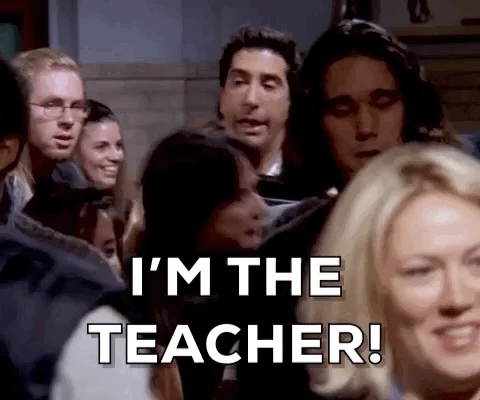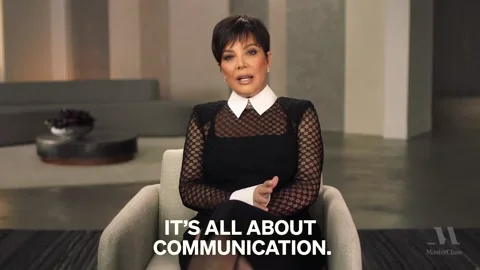
This logo isn't an ad or affiliate link. It's an organization that shares in our mission, and empowered the authors to share their insights in Byte form.
Rumie vets Bytes for compliance with our
Standards.
The organization is responsible for the completeness and reliability of the content.
Learn more
about how Rumie works with partners.

Teachers use essential soft skills (non-technical skills) in the classroom, such as:
empathy and emotional skills
effective communication, collaboration, and teamwork
critical thinking and problem-solving
When I think about my school years, at least two of my former teachers come to my mind who could have used some tips on how essential soft skills for teachers can transform teaching and impact student success.
What about you? Have you ever had a teacher that was not only good at teaching but also connected with the students?
Using the example of a teacher I'll name Rachel, let's explore the use of essential soft skills in the classroom that favor student success.
1. Be empathetic
Actively listen to your students' concerns, questions, and ideas.
Empathy allows you to address disciplinary issues with a focus on understanding, guidance, and problem-solving rather than punishment.
Teach students to understand and appreciate the perspectives and feelings of others.
Quiz
Rachel has a student who has been struggling with her grades lately. He seems visibly upset and distant during class. What should Rachel do in this situation to demonstrate empathy and support?
Rachel should reach out to the student privately to discuss his academic challenges and offer assistance.
2. Use effective communication
Be clear and direct when communicating ideas and instructions to your students.

Use different teaching methods and adapt your communication style to cater to diverse learning needs.
Encourage students to express their thoughts and opinions, and provide constructive feedback.
Quiz
Rachel is introducing a new concept to her class, and a student raises their hand to ask for clarification. How should Sarah respond to ensure effective communication? Select all that apply:
Rachel should provide a brief and helpful response, addressing the student's question directly.
3. Use the soft skills of collaboration and teamwork
Collaboration and teamwork are essential soft skills for creating a cooperative learning environment.
Promote collaboration among students by incorporating group work, projects, and discussions.
Assign tasks that require cooperation and problem-solving, allowing students to develop their teamwork and interpersonal skills.

Quiz
Rachel has assigned a group project that requires students to work in teams. However, one group is facing challenges collaborating effectively. What would she do in this situation to promote collaboration and resolve conflicts? Select all that apply.
Sarah should facilitate a discussion and provide guidance to help the group resolve conflicts.
4. Encourage critical thinking and problem-solving
 Photo by Lou Levit on Unsplash
Photo by Lou Levit on UnsplashCritical thinking and problem-solving in the classroom cultivate a culture of inquiry, exploration, and active learning.
We want to empower our students to become lifelong learners, critical thinkers, and problem solvers, don't we?
These essential soft skills go beyond academic success and contribute to their overall personal and professional development.
Encourage students to move beyond simple recall and rote memorization. Promote deeper understanding, analysis, and evaluation of information.
Incorporate activities that require thinking outside the box, generating multiple solutions, and exploring alternative perspectives.
Share this video for a great explanation of critical thinking with your students!
Quiz
Here's Rachel again, preparing a project-based assignment for her students. She wants to foster critical thinking and problem-solving skills. How would she approach the assignment to promote these skills?
Encouraging independent exploration promotes critical thinking and problem-solving skills because it encourages students to think independently and explore different approaches to solving problems.
Take Action

How will you apply these essential soft skills for teachers in your classroom?
This Byte has been authored by
Alina Burtan
ESP & RSOL Trainer, Learning Designer
MPhil
